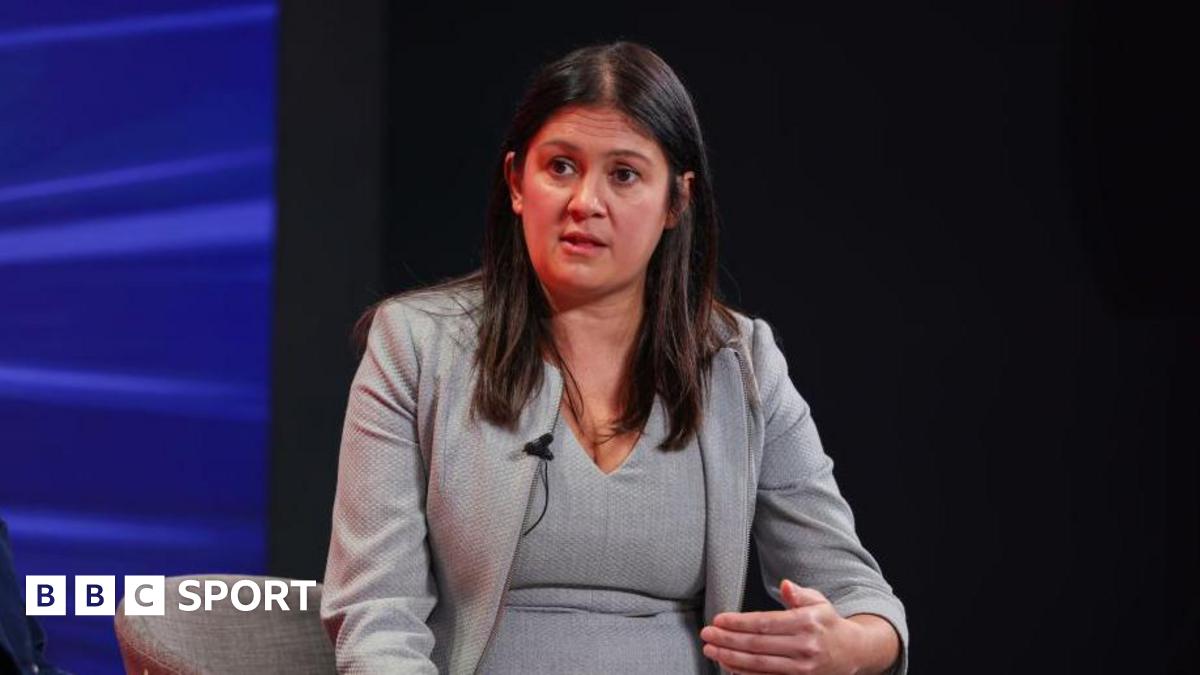The relationship between global financial crises and gambling trends reveals how economic uncertainty can influence players’ behaviour. During difficult times everyone is on high alert and heavily focuses on risk aversion. As a result, players are extra careful about sharing sensitive information. This is why they gravitate towards the best casinos online to withdraw without sending any documents, as sharing sensitive data isn’t necessary there. This trend reflects the overall trend toward platforms that prioritize convenience and user experience in the period of economic crisis.
Here, we will discuss how COVID-19 and the 2008 financial crisis influenced gambling behaviours, highlighting the changes in player’s choices and the growth of online casinos.
Why Economic Downturns Influence Gambling
It may seem strange or counter-intuitive, but certain individuals start to gamble more during the financial crisis. There are a few reasons why economic stress might push someone towards the poker table or the slot machines:
- The Dream of a Quick Fix: When bills start to pile up, the desire to try your luck at the table greatly increases. It is the ‘rags to the riches’ dream on steroids.
- Escape from Reality: Well, let’s be honest, economic downturns are not easy. Gambling can help you forget about the financial issues, even if it’s only temporary. It’s a coping mechanism for increased levels of anxiety and stress that many experience during a financial crisis.
- Desperation Plays: Some people believe that gambling is the only option they can use to solve their financial difficulties. It is high risk, but when people are desperate, anything can cloud their judgment.
- Ease of access: Casino gambling is typically associated with a lavish lifestyle but the same isn’t true for online play. It’s incredibly accessible and significantly cheaper which encourages user activity.
Trends in Gambling During Major Emergencies (2008 & COVID-19)
Although some people are more prone to start betting or playing casino games during the crisis, it doesn’t exactly translate to a more successful gambling sector. The economic crisis of 2008 was a real bumpy ride and it was surely not friendly to the gambling industry. The Las Vegas casinos saw a 9.7% drop in revenue in 2008 compared to the previous year.
That said the hardships lasted till June 2009, and it would seem that many were all too eager to embrace this form of entertainment once again. The online gambling market increased from $20.51 billion in 2009 to $28.13 billion in 2012.
Interestingly, the sales of many lotteries in the states have either remained constant or slightly improved during the crisis. For instance, the California Lottery stated that their sales have risen by 13% in the financial year 2008-2009.
The COVID-19 Pandemic
Fast forward to 2020 and we are faced with a crisis of a different colour – an epidemic that grounded economic activities internationally. During lockdowns, traditional casinos experienced a drastic drop in their revenues.
Due to the COVID-19 pandemic, people were at home, and most online sites received a significant increase in traffic.
- In the UK, the average number of sessions where players spent over an hour playing online slots rose by 23% in March 2020.
- While traditional sports were less popular, esports betting emerged in the limelight.
- The global esports betting market was $12.67 billion in 2020 and has increased compared to past years.
Furthermore, with the major sports leagues shut down, bookmakers had to switch to less popular sports and even virtual ones. Can you imagine, that people even started betting on table tennis?
Government Policies on Gambling During Crisis
The success of any government is measured by how it responds during a crisis, and whether it can protect more vulnerable groups of citizens. Having strict policies, like outright bans, is never a good thing, even during a crisis. In most cases, this only leads to the criminalization of relatively harmless hobbies and prevents certain businesses from realizing their potential.
So a measured middleway response is the best way to go. Let’s look at how some governments have played their cards.
Loosening Restrictions
Some jurisdictions have chosen to relax gambling laws during economic downturns:
- United States: After the 2008 crisis, most of the states either legalized or broadened casino operations to generate tax revenue. For example, Ohio approved gambling in 2009, and the first casino was established in 2012.
- Japan: Following the emergence of COVID-19 and its effects on the world economy, Japan continued with the plans of integrating casino resorts.
This might look risky but at the same time very beneficial. Businesses that can operate during times of crisis provide more employment opportunities. What’s more, by taxing these companies the funds can be used to help those who were adversely affected by the crisis.
Tightening Controls
During COVID-19 crisis, lockdowns led to reduced activity in retail casinos, and there was a significant drop in sports betting. After all, all of the major competitions have been postponed. But online games of luck and skill saw a surge in user engagement.
The increased spending on casino games can lead to increases in the social costs of gambling. In a way these costs can offset the positive impacts industry can have on a local economy, so, governments had to take a more cautious approach:
- Australia: During the COVID-19 pandemic, new measures were put in place to regulate online gambling in Australia. This includes a national self-exclusion register, and a ban on betting with credit cards.
- United Kingdom: Because of the problem gambling during lockdowns, UK Gambling Commission has set new measures for online slots. Players saw spin speed limits, and bans on autoplay features.
Balancing Act
Many governments have tried to strike a balance, recognizing both the potential economic benefits and social risks of gambling during crises:
- Netherlands: In 2021 the government introduced the Remote Gambling act. This new piece of legislation went into full effect in 2024. It aims to allow and regulate online gambling entertainment paired with strict consumer protection laws and restrictions on advertising.
- Canada: Some provinces including Ontario have adopted both approaches. They expanded online gambling sites and also increased funding for problem gambling during the COVID-19 pandemic.
- Hungary: Like several other countries (e.g. Norway, Finland, Poland) Hungary had a state monopoly on the remote gambling sector. This isn’t such a bad thing during a crisis, but it’s not in accordance with EU standards. In 2023, Hungary relinquished some of its control over remote sports betting. But the same cannot be said for online casinos.
Closing Thoughts
A big economic crisis will affect pretty much any industry. But things eventually stabilize. For example, after initially closing its casinos in February 2020, Macau announced phased re-opening, as no new cases were found. The connection between financial crises and gambling trends is as unpredictable as a dice roll. We can only identify trends and make assumptions, but each crisis is different and it can affect gambling in one way or another.
One thing however remains clear. Gambling has been extremely flexible and very capable of surviving the worst of economic crises. As we progress, the focus on these trends will be important for policy-makers, business individuals and everyone who wants to understand the relationship between economics and social activity.



![Lil Tjay Claims Offset Is Broke Amid an Alleged Gambling Addiction: “He Was Asking Random People for Cash Apps” [Video] Lil Tjay Claims Offset Is Broke Amid an Alleged Gambling Addiction: “He Was Asking Random People for Cash Apps” [Video]](https://balleralert.com/wp-content/uploads/2025/01/update-image-39.png)








